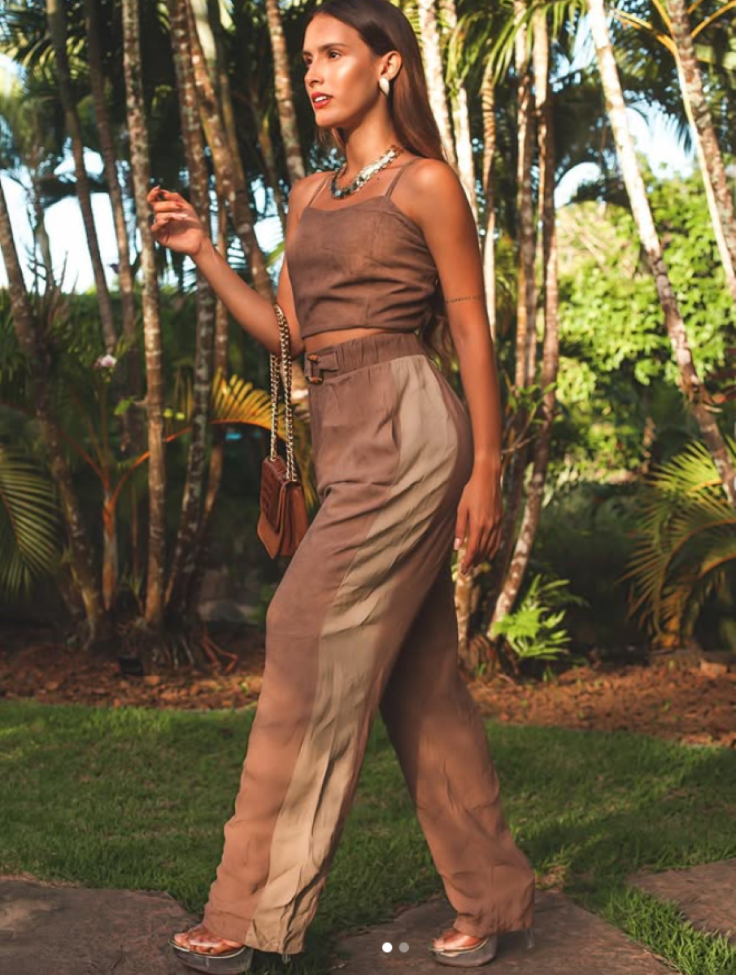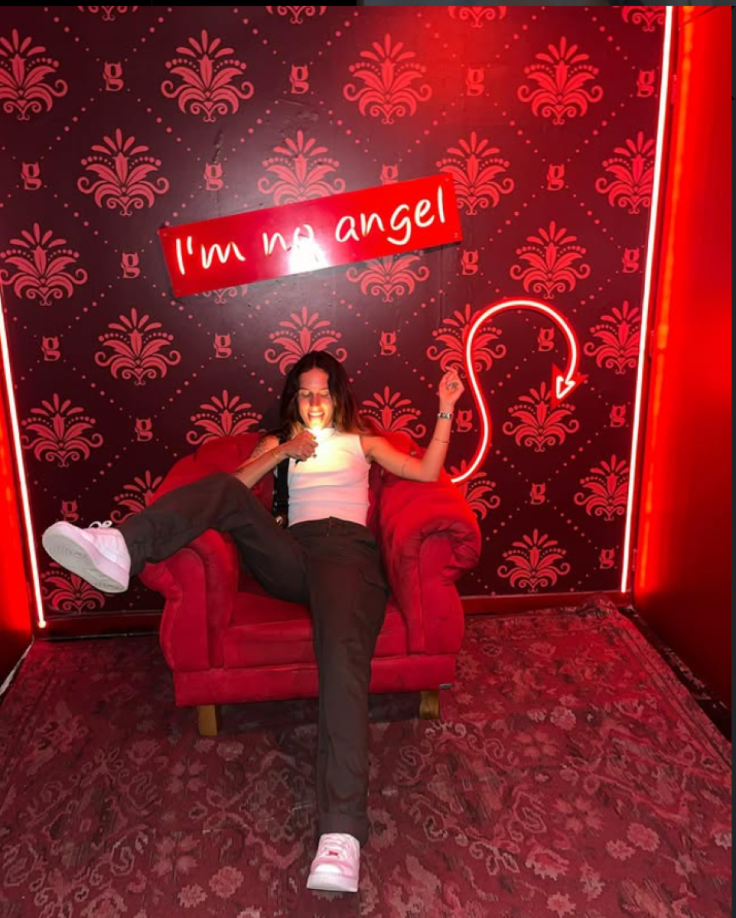Who is Melissa Said? Influencer Arrested for 'Running' an Interstate Drug Trafficking Ring

Brazilian social-media star Melissa Said has been arrested in a nationwide police operation targeting influencers accused of using their platforms to promote and sell drugs.
The 23-year-old cannabis activist, who has over 375,000 Instagram followers, was detained on 23 October 2025 in Salvador, Bahia, as part of Operation Erva Afetiva ('Affective Herb').
Authorities allege she purchased and distributed marijuana across several states while laundering profits through online sales and partnerships — a case that blurs the line between digital influence and criminal enterprise.
Arrest in Bahia and Alleged Drug Network
Police captured Said in Salvador's Itapuã district after she allegedly hid at a friend's home to avoid arrest.
According to PEOPLE, search warrants were executed across five addresses in Salvador, Lauro de Freitas, and the São Paulo municipalities of Araçatuba and São Paulo City.
Investigators claim:
- She sourced marijuana from suppliers in Bahia and São Paulo.
- Distribution took place via encrypted online contact.
- Raids seized cash, electronic devices and ledgers of suspicious transactions.
The influencer, who boasts over 375,000 followers on Instagram, is accused of using her social media platform to promote cannabis use and facilitate drug sales.

'No One Should Be Arrested for Smoking Marijuana'
Following her arrest, Said broke her silence in a video shared by the Daily Star, in which she was seen in handcuffs being escorted by officers.
Speaking to reporters, she said: 'It's a shame ... no one in the world should be arrested for smoking marijuana.' While she admitted to personal use, she denied any involvement in drug trafficking.
Said's Instagram feed frequently features videos of her smoking cannabis and discussing its perceived health benefits.
Her arrest has reignited debate over Brazil's evolving drug laws, particularly in light of the 2024 decriminalisation of personal cannabis possession. Although medicinal cannabis is legal for certain conditions, recreational sale and distribution remain criminal offences under Brazilian law, as noted by the Associated Press.
Operation Erva Afetiva: Targeting Digital Influence
Ernandes Junior, director of the State Department for Prevention and Suppression of Drug Trafficking (DENARC), confirmed that Said was the primary target of Operation Erva Afetiva.
'The objective of this operation is to combat drug trafficking, with the main target being a digital influencer who promotes crime,' he told the Daily Mail.
He added: 'It was discovered that in addition to promoting crime and drug use, she also sells and distributes narcotics in Bahia, with some people from São Paulo as one of her suppliers.'
Temporary arrest and search warrants were issued for multiple properties, and three suspected accomplices were detained during the operation.
A Broad Pattern: Women Drawn Into Smuggling
Said's detention echoes a broader rise in young women involved in trafficking.
British teen Bella May Culley, for instance, remains jailed in Georgia after being caught with £200,000 of drugs— her family unable to pay a £215,000 plea bargain before sentencing on 2 November.
Experts warn social media glamour can obscure criminal risk: 'Platforms normalise drug culture, and traffickers exploit that visibility,' said criminologist Dr Renata Souza.
Culley's case has drawn attention to the vulnerabilities of young women targeted by trafficking networks and the harsh legal consequences they face abroad.
Cannabis Advocacy or Criminal Enterprise?
Melissa Said has long positioned herself as a vocal advocate for cannabis legalisation in Brazil. Her supporters argue that her arrest is politically motivated and undermines the reform effort.
Critics, however, point to the evidence gathered during Operation Erva Afetiva as indicative of a deeper criminal enterprise masked by activism.
As the investigation continues, Said remains in custody while authorities assess the full scope of her alleged involvement. Her case is expected to test the boundaries of Brazil's drug laws and the role of influencers in shaping public discourse around controlled substances.
© Copyright IBTimes 2025. All rights reserved.




















